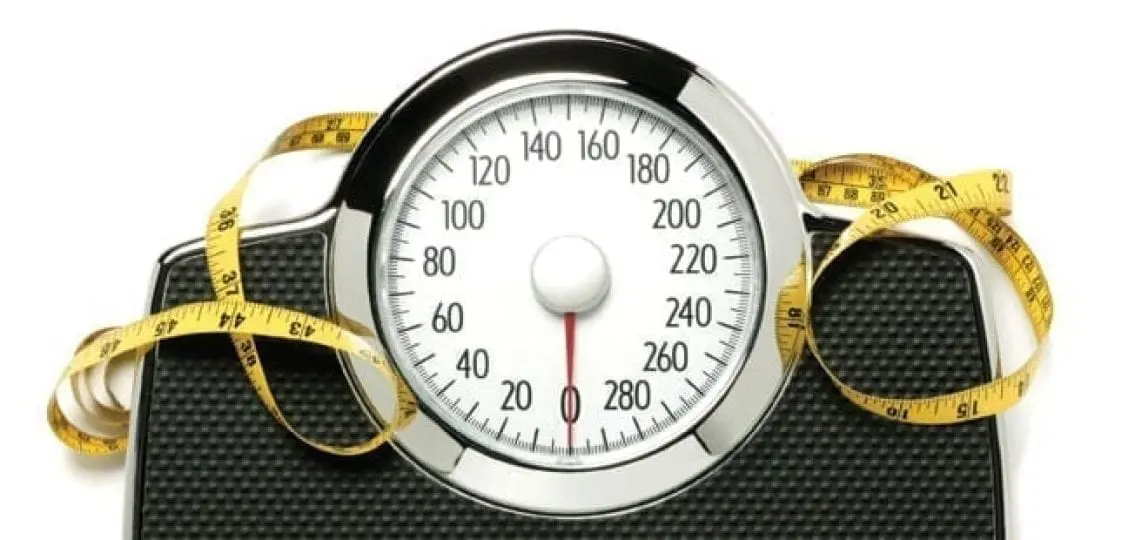I recently had the opportunity to interview Bernard. He was diagnosed with EDNOS (Eating Disorders Not Otherwise Specified); though, from my point-of-view, it looks more like anorexia nervosa. Yes, there are boys with eating disorders.
Bernard is in recovery from his eating disorder, which began two years ago when he started his freshmen year in college. He became obsessed with his food, his weight, and running after he stopped using medication for anxiety and obsessive-compulsive disorder (OCD).
Over six feet tall, Bernard is a friendly and good-humored young man. He is a straight-A student who has received both academic and athletic awards and currently is pursuing degrees in both Business and History with hopes of a job in a museum. He speaks of hope in recovery and has inspiring words for parents.
Usually, parents must approach their teen to discuss concerns about the child’s eating attitudes and behaviors. In Bernard’s case, however, he brought up his eating disorder with his parents because he has a good relationship with them and felt comfortable discussing his problems.
I asked Bernard about the most helpful way his parents supported him. “Most helpful was convincing me that I needed to gain weight!” he explained.
“When you are so underweight that your mind can’t function properly, it is critical to have that voice telling you: ‘It’s alright to eat more; you need to eat more!’”
Their “nagging” was least helpful. Rather than pestering about what and how much to eat, he suggests that parents ask, “How are you feeling? Can I help? Do you think you are eating enough?” Bernard also warns parents not take away their teens’ control. Instead, encourage and support them in their decisions.
Bernard concluded the interview with a message of hope for parents: “With treatment, your son can recover. But as parents, take quick action to get your son into treatment after noticing symptoms of an eating disorder because an eating disorder can get bad fast.”
Bernard’s mother is one of many callers who have called the N.A.M.E.D free helpline at for a treatment referral at 1-877-780-0080 (namedinc.org)




